Trending Now
Sunday, Nov, 2024
Home / Major Changes Made in Karnataka School Textbooks
Major Changes Made in Karnataka School Textbooks
Through these revisions, Karnataka is taking a proactive approach to education, ensuring that textbooks align with contemporary values, foster critical thinking, and provide a well-rounded education for students.
 by Pragti Sharma /
by Pragti Sharma /  18 Jun 2023 23:50 PM IST /
18 Jun 2023 23:50 PM IST /  0 Comment(s) / 324
0 Comment(s) / 324

The education landscape in Karnataka is undergoing a significant transformation as the state embraces a series of noteworthy revisions in school textbooks. With a focus on enhancing the learning experience, the revisions encompass multiple subjects, including Kannada language and social studies, to provide students with a more comprehensive and relevant education.
Among the notable changes in the Class 10 Kannada textbook, one can observe a shift in content. The lesson 'Nijavada Adarsha Purusha Yaragabeku,' which previously featured RSS founder Hedgewar, has been replaced with 'Sukumara Swamiya Kathe' by Shivakotyacharya. Similarly, 'Kalavannu Geddavaru' by KT Gatti, which explored VD Savarkar's ideas, has given way to 'Blood Group' by Vijayamala Ranganath in the Class 8 Kannada textbook. These modifications reflect a conscious effort to update and diversify the literature provided to students.
Additionally, in the Class 8 Kannada textbook, the play 'Bhoo Kailasa' by Parampalli Narasimha Aithal has been substituted with 'Magalige Bareda Patra,' a translation of Jawaharlal Nehru's letter to Indira Gandhi. Such changes demonstrate the desire to present students with a broader range of perspectives and narratives.
Moreover, the Class 10 Kannada textbook has undergone further modifications, including replacing Dr. R Ganesh's 'Shreshta Bharatiya Chintanegalu' with Sara Aboobacker's 'Yudha.' These alterations not only reflect a commitment to academic relevance but also provide students with diverse viewpoints and ideas.
In the realm of social studies, the state government has taken strides to introduce additional chapters in the Class 6 textbook. These include topics such as 'Vedic Culture,' 'Rise of New Religions,' 'Human Rights,' 'Women Social Reformers,' and 'Women Freedom Fighters.' By incorporating these chapters, the education system aims to foster a comprehensive understanding of historical and social contexts, exposing students to a more inclusive portrayal of society.
Furthermore, the Class 10 social studies textbook has undergone revisions to address linguistic pride sensitively. Sentences that previously conveyed regionalism and linguistic pride as narrow-mindedness in comparison to nationalism have been removed from the chapter titled "Bharathakke iruva Savalugalu matthe Pariharagalu" (The challenges and solutions that lay ahead of India). This alteration aims to promote a sense of unity and inclusivity among students while respecting linguistic diversity.
Through these revisions, Karnataka is taking a proactive approach to education, ensuring that textbooks align with contemporary values, foster critical thinking, and provide a well-rounded education for students. By embracing change and embracing diverse perspectives, the education system aims to empower students with knowledge and insights that will serve them well in their future endeavors.
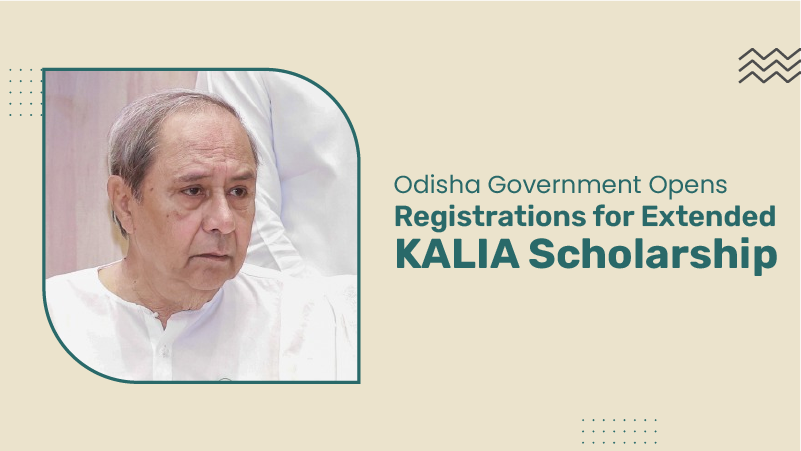
Reforms / January 11, 2024
Odisha Government Opens Registrations for Extended KALIA Scholarship
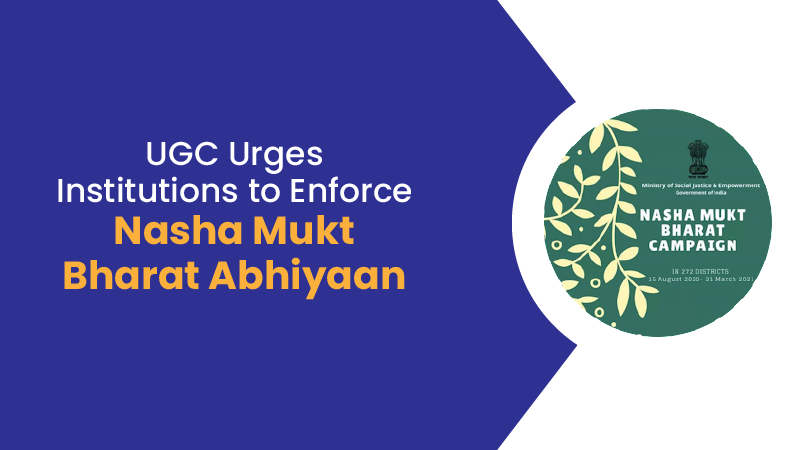
Reforms / January 03, 2024
UGC Urges Institutions to Enforce Nasha Mukt Bharat Abhiyaan

EShort / February 16, 2024
IMS Noida Admissions 2024: Apply for UG, PG programmes

EShort / February 16, 2024
GATE 2024: Response sheet out

EShort / February 16, 2024
BSSTET 2023: Admit card released

EShort / February 16, 2024
NID DAT 2024: Prelims result released

EShort / February 16, 2024
IIT JAM 2024: Response sheet released

Jobs / February 16, 2024
UPSC Recruitment Drive 2024: Apply for 120 vacancies in various departments

EShort / February 14, 2024
UPSC CSE 2024: Official Notification issued; application process begins
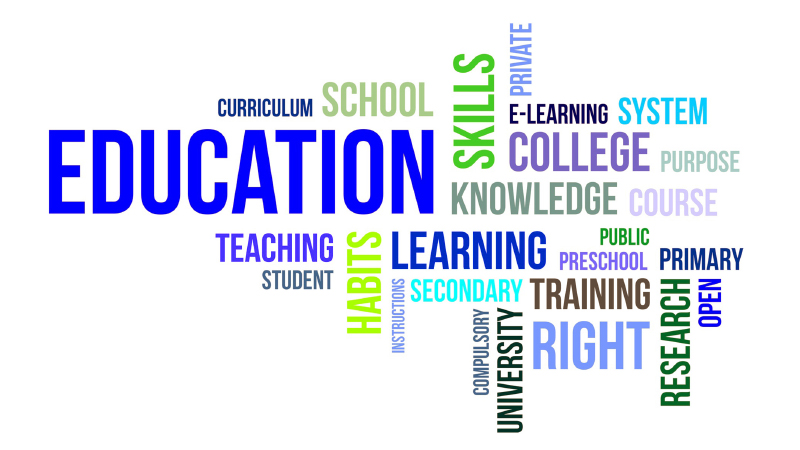
Editor's Desk / April 17, 2020
How Does Society Impact Our Education?

Current Affairs / April 22, 2020
Mr. Sudarsanam Babu appointed to U.S. Science Board.
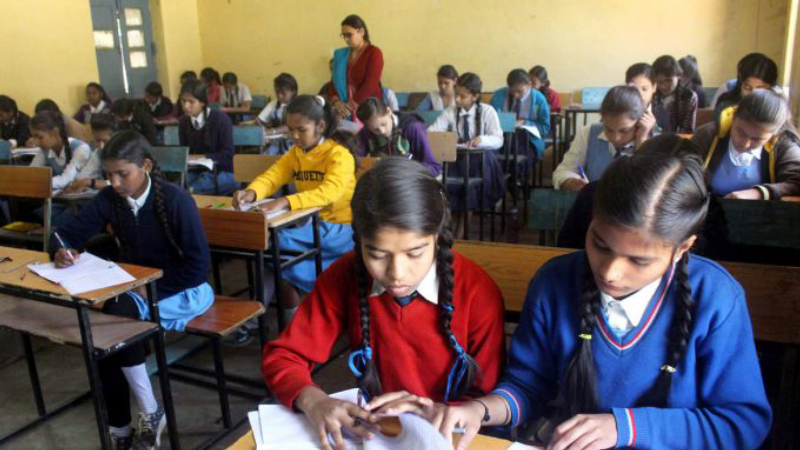
Reforms / April 17, 2020
Traditional Structure of Education In India
.jpg)
Events & Seminars / April 17, 2020
PISA!!
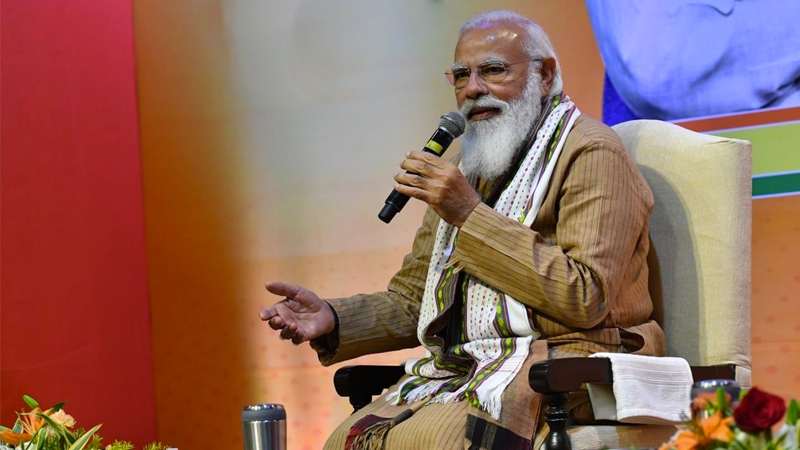
Blog / February 26, 2021
Government's Action On #ModiRojgaarDo

EShort / May 19, 2022
CUET PG 2025 has started the registration process.

Notice Board on Important Dates / April 21, 2020
World Heritage Day

News / July 08, 2021
JEE Mains Registration For Session 3: Last Date To Apply

EShort / December 14, 2021
UPSC Declared Final Result For DCIO Recruitment


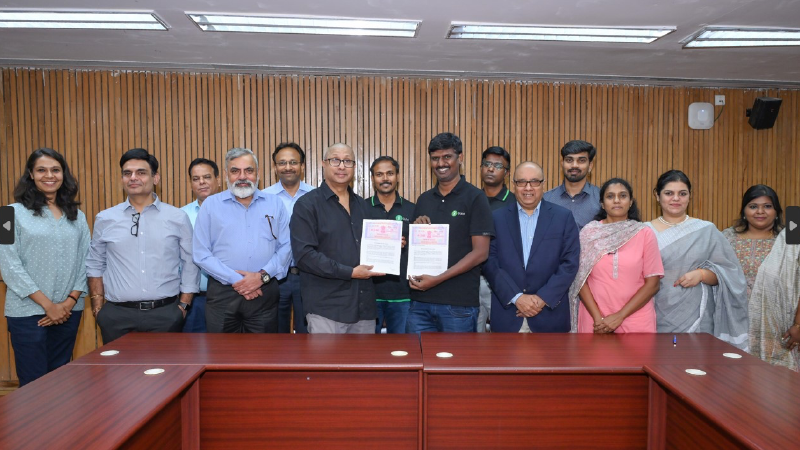


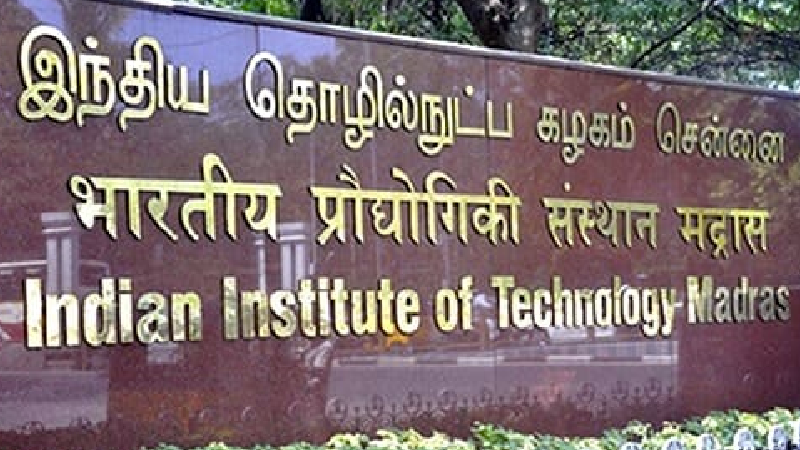
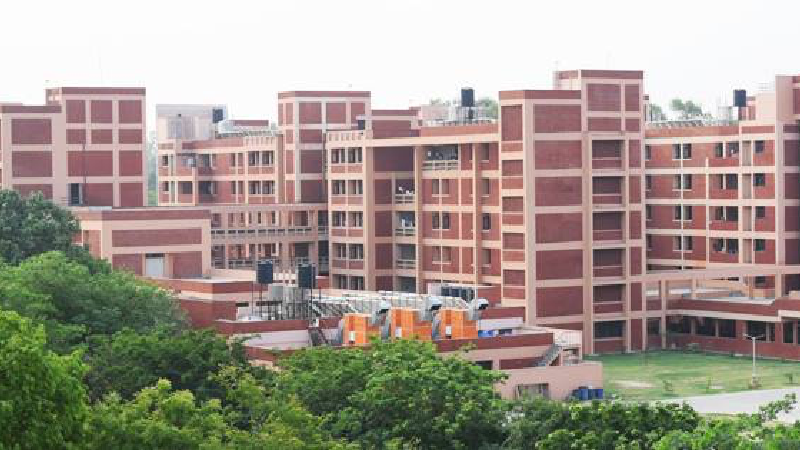
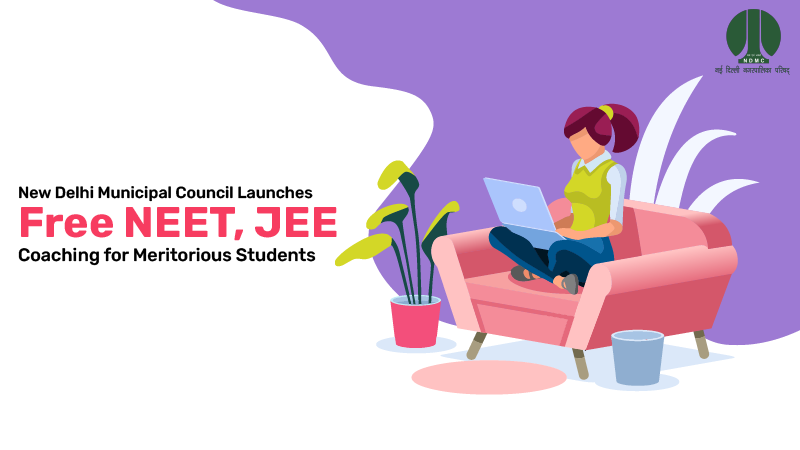
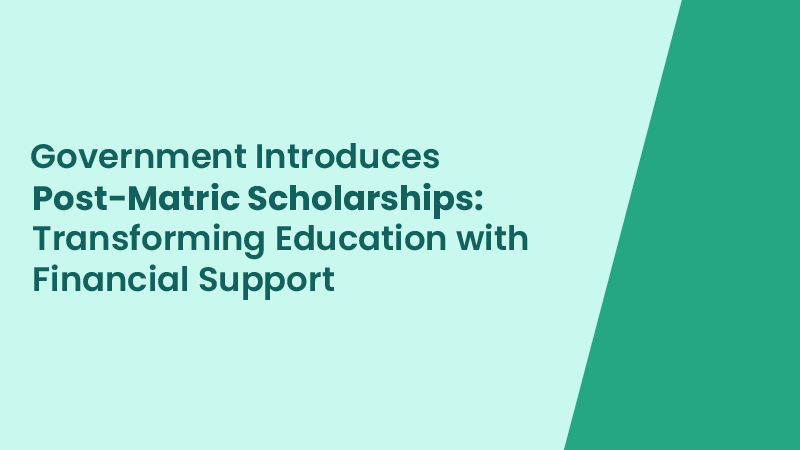


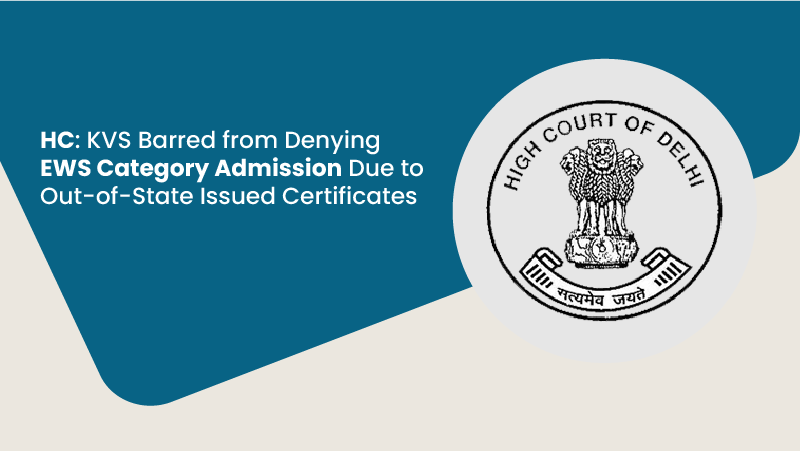
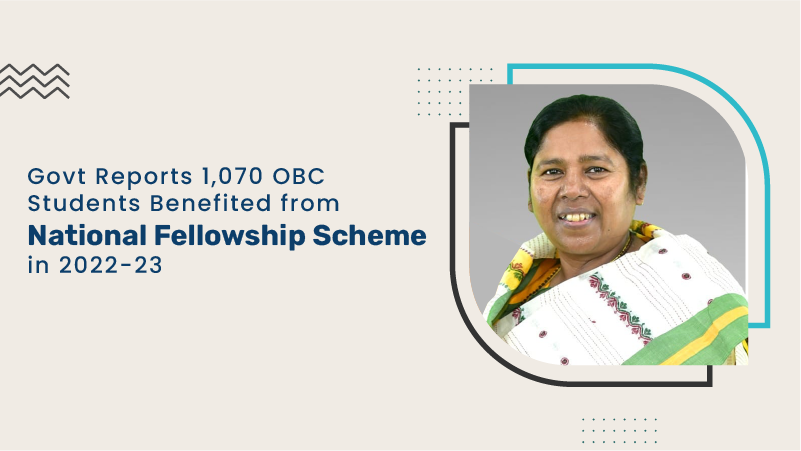
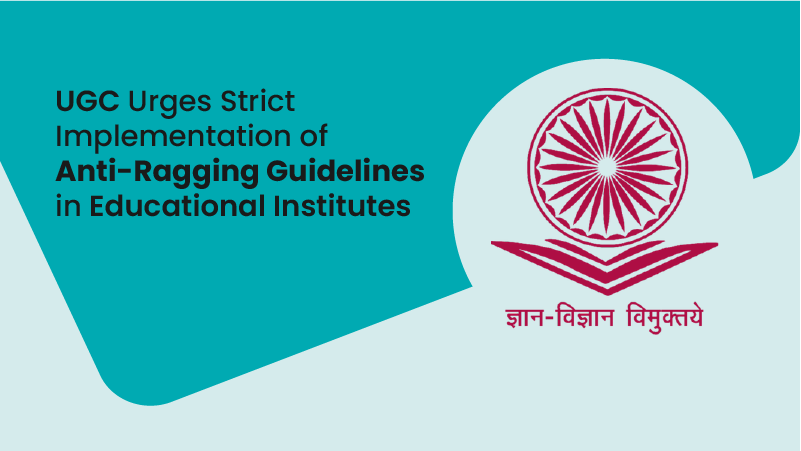
-02.png)


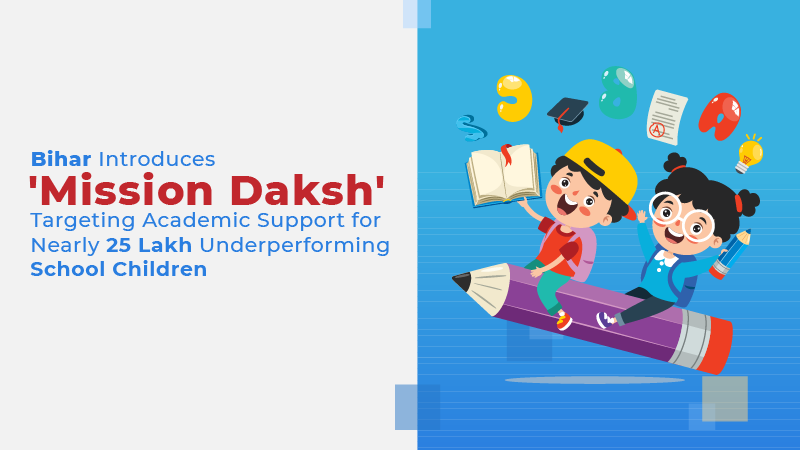

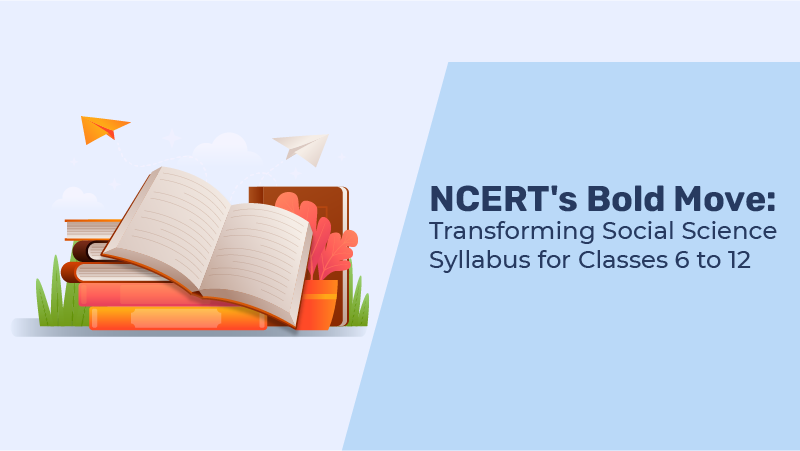

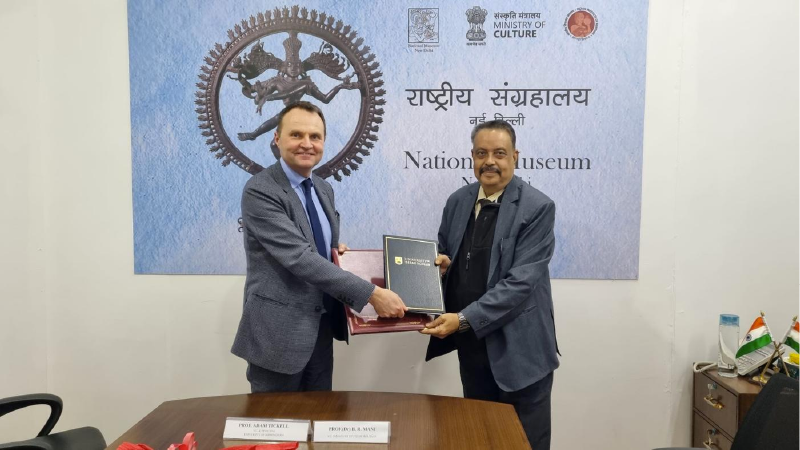
0 Comments
Post Comments